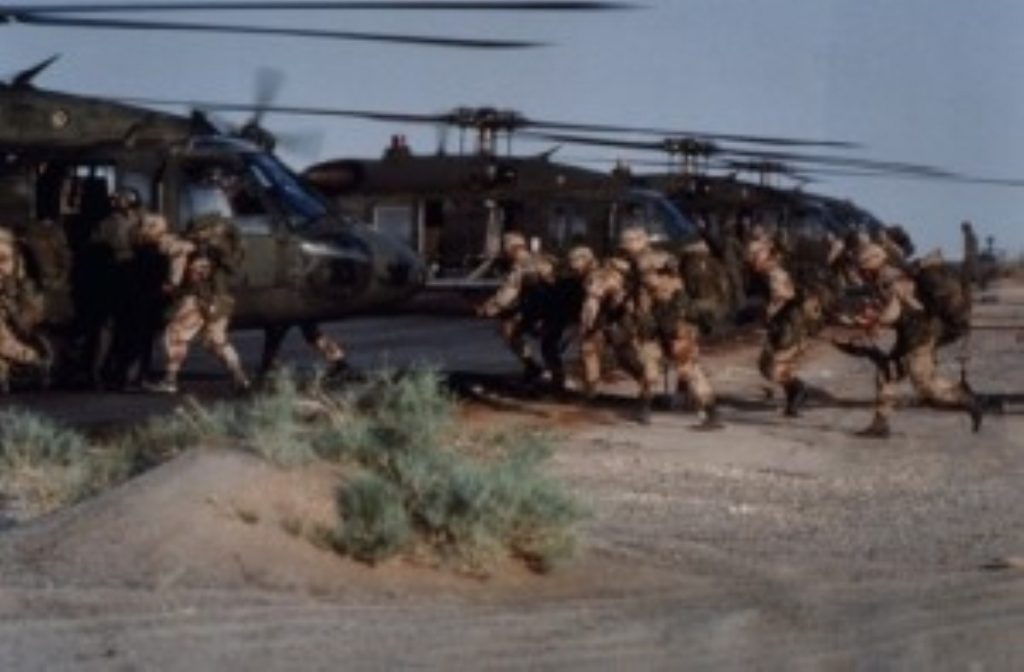US meets civilian opposition in Iraq
Iraqi Muslims of all denominations have been protesting in Baghdad today against the US military presence in the country.
As many as 10,000 Sunni and Shia Muslims are thought to have taken part in the demonstration, which was part of the celebration of the prophet Muhammad’s birthday.
There were calls for the establishment of an interim Iraqi government that has been chosen by the people, rather than by US officials, who are believed to favour Iraqi opposition groups that were based outside the country during Saddam Hussein’s regime.
The march follows a meeting between potential Iraqi leaders and the country’s new US administrator, Paul Bremer, on Friday.


His predecessor, retired US general Jay Garner, had suggested that within weeks of the end of the war there would be Iraqi officials running the country.
However despite some minor successes at local council level in southern Iraq, a national government has still not been formed.
And Mr. Bremer is believed to have suggested at Friday’s meeting that there would be a coalition presence in Iraq “indefinitely” because of fears about the stability of the country.
Analysts have pointed out that the US demonstration will be keen to avoid accusations of abandoning Iraq to the kinds of problem that have faced Afghanistan, which was subjected to ‘regime change’ at the hands of the coalition forces in 2001.
Afghanistan’s president, Hamid Karzai, has vowed to quit 18 months after he took office if he cannot gain control of the outlying provinces during the coming weeks, according to newspaper reports in the country.
And as the political situation remains uncertain in Iraq, so do the prospects of the millions of people affected by poverty and war.
UNICEF warned this weekend of a sharp rise in the incidence of acute diarrhoea among children in Iraq. And with one quarter of Iraqi children suffering from malnutrition prior to the month-long conflict, the problem has been compounded.
Water and sanitation systems are in a poor state of repair and some have been affected by the fighting.
However, aid agencies and other NGOs are being given extra support by the UN’s Humanitarian Air Service it has been announced, in order to increase the level of supplies being delivered to the country.
The service offers and safe and economical route into Iraq, where there are still problems with security that are preventing aid agencies from working efficiently.

